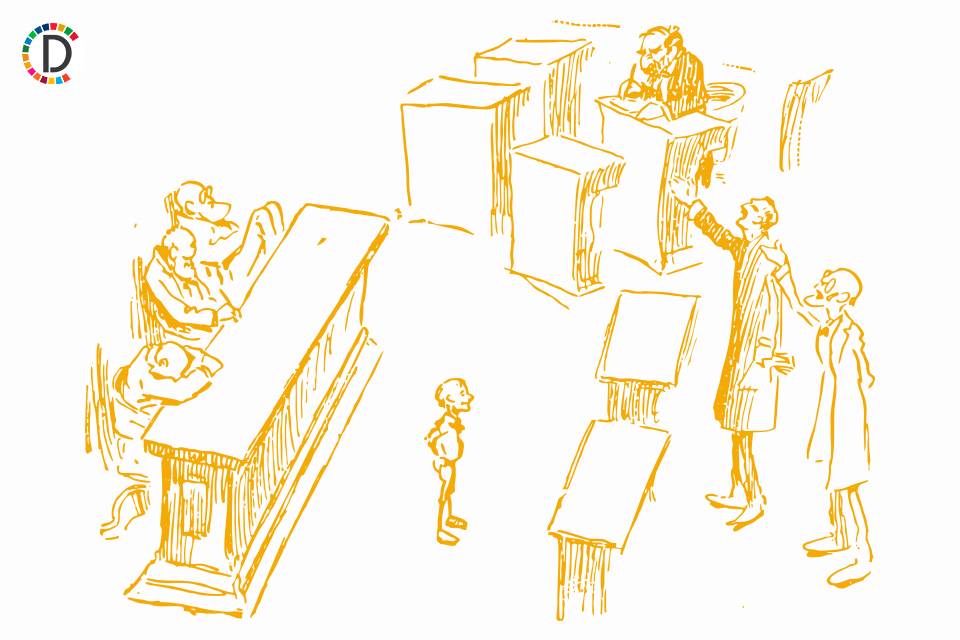Syria's Electoral Shift: An Indirect Vote for Change
Syria holds indirect elections as a step away from Bashar al-Assad's regime, with current President Ahmed al-Sharaa consolidating power. The vote, covering nearly two-thirds of parliamentary seats, aims to foster inclusivity amid controversy over the indirect voting system and concerns about governmental representativeness.

Members of Syria's electoral colleges convened on Sunday for an important parliamentary vote, marking a transition from Bashar al-Assad's deposed regime and testing the inclusivity efforts of the current Islamist-led government.
The indirect elections are a significant step for President Ahmed al-Sharaa, who assumed power following a successful rebel campaign against Assad last December. With high stakes, over 6,000 electors participated in the early polls, which closed by the afternoon. Preliminary results are anticipated by the close of Sunday, according to Mohammed Al-Ahmed, head of Syria's higher electoral committee.
This election will decide two-thirds of the 210 parliamentary seats, while President Sharaa, an ex-Al Qaeda combatant, will appoint the remaining third. The move to an indirect voting system is attributed to unreliable population data after a devastating 14-year war. However, concerns about representation persist amid muted public electioneering and postponed voting in certain minority-held regions.
(With inputs from agencies.)










